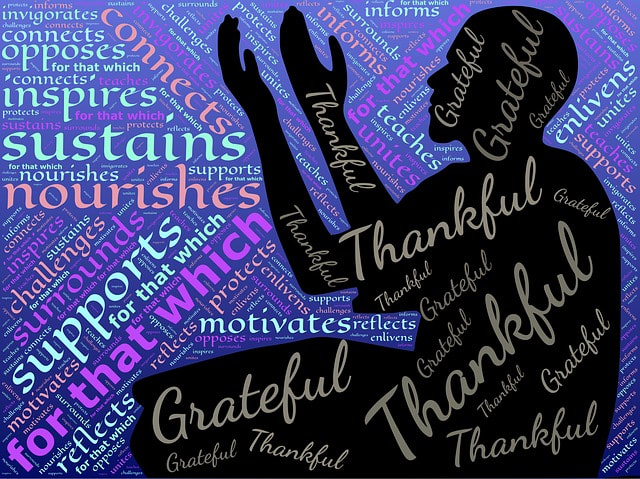Practicing gratitude has a positive impact on adjusting to adolescence and young adulthood.
These kids have a well-defined sense of meaning for their lives, are more satisfied, happier, more hopeful and have fewer depressive symptoms.
They’re not likely to cheat on tests, skip school and use drugs and alcohol.
Teaching your children to be grateful is a life-long process. But, avoid emphasizing it with every message.
Referencing your own gratitude for events and people in your life has the most impact. Comparing your lives to those of others is not as meaningful.
Focus on your kid’s experiences. Speak aloud about your gratitude. Point out the good things in their lives and connect to gratitude. Using words such as “appreciate, lucky, fortunate, grateful, and blessed” bring home the message.
Claudia
Join me on Facebook at Dr. Claudia McCulloch.
At DrClaudia.net, click on the "Ask Me" button and send me a question.
Sign up for the Sunday newsletter. Don't miss a thing!



